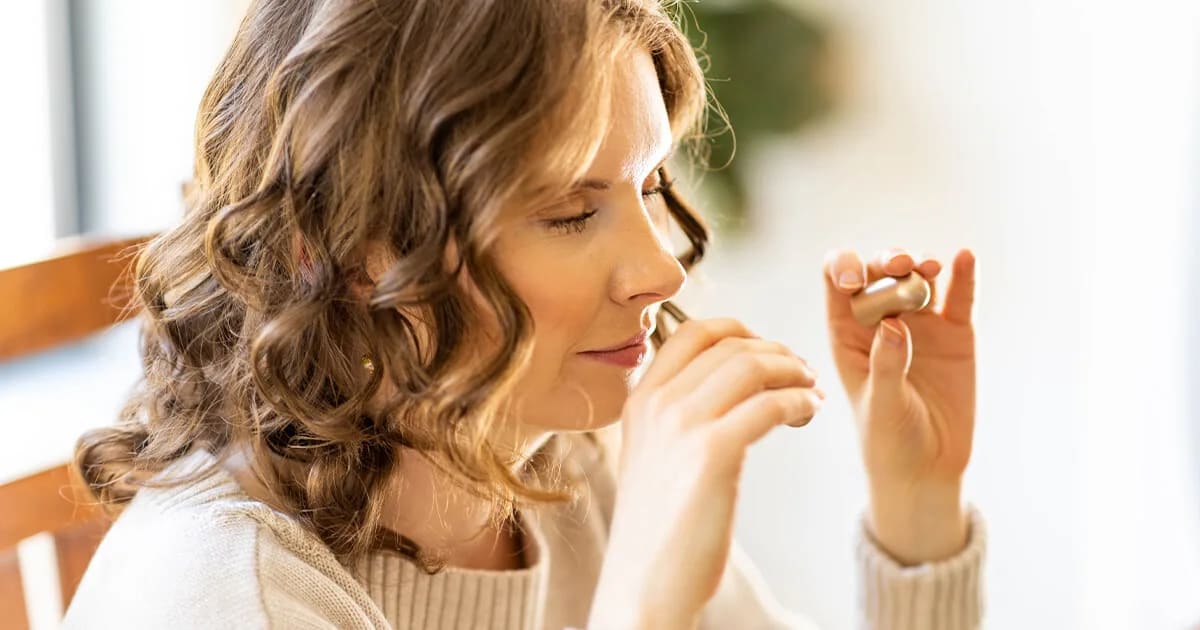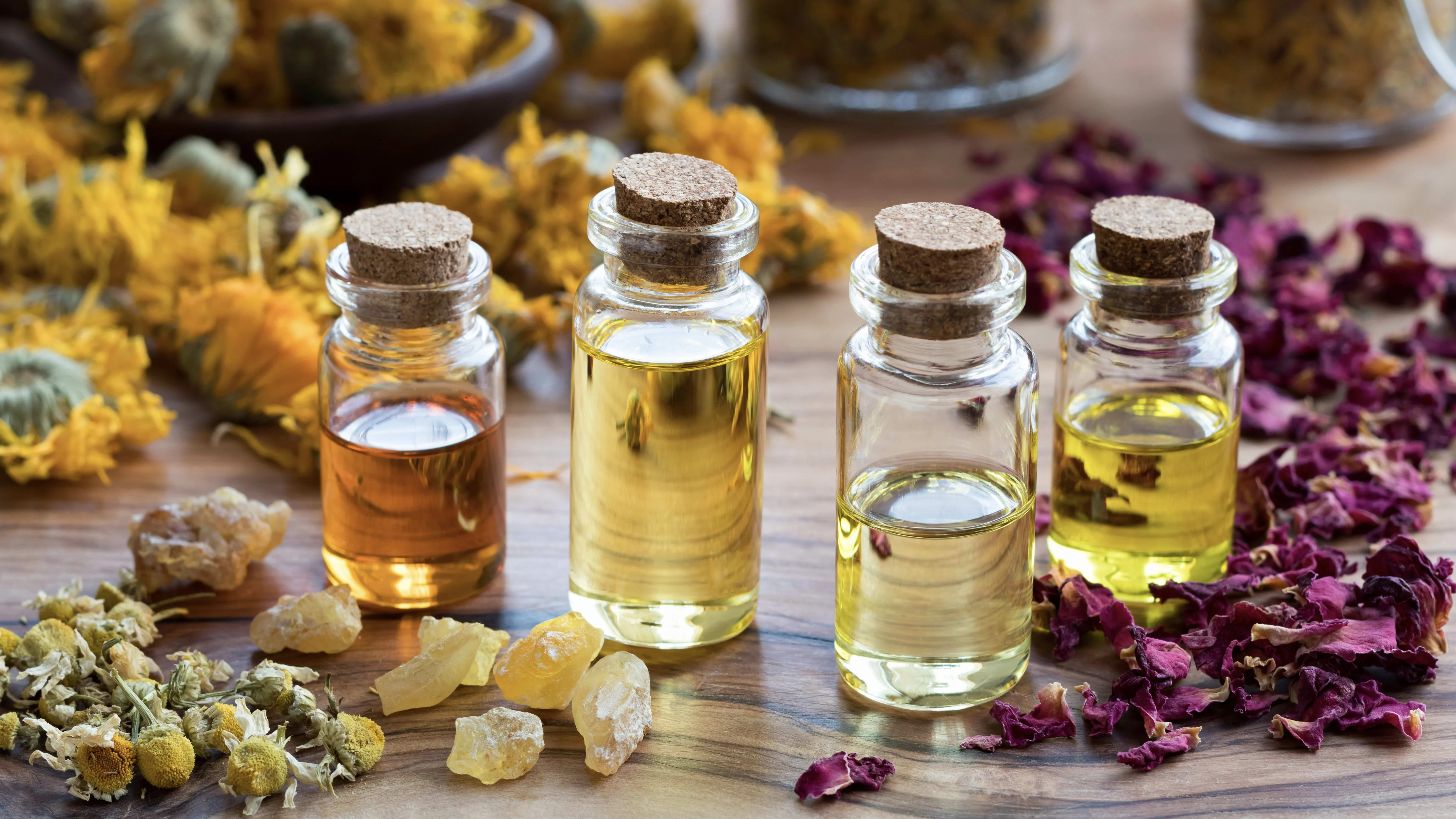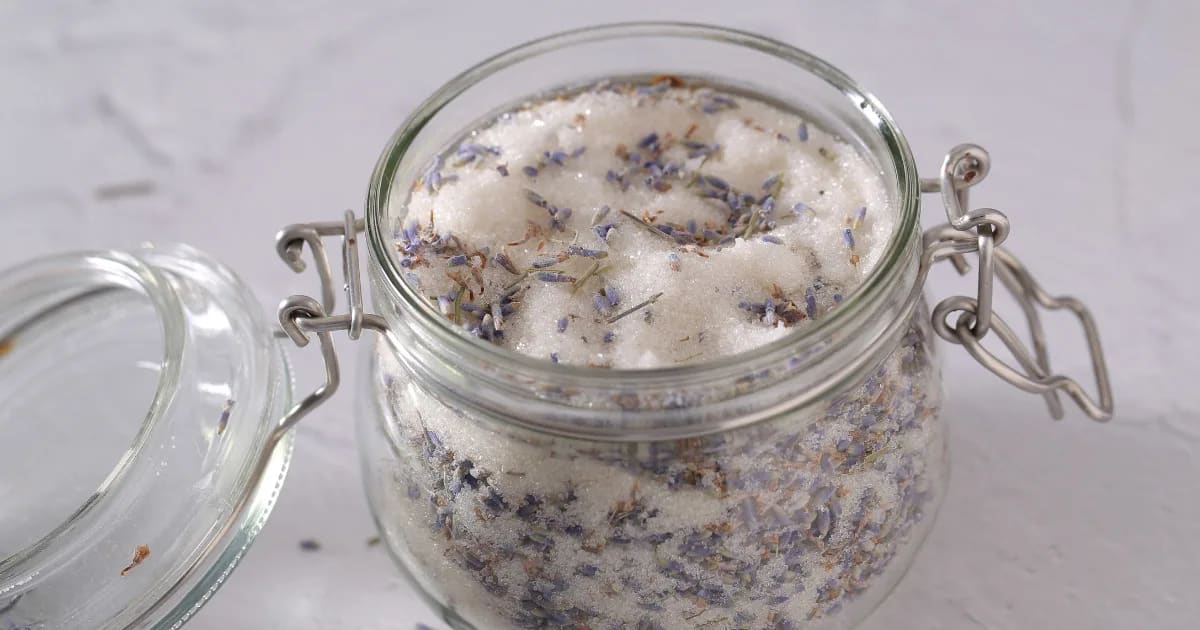Protecting Heart Health: Essential Oils and Anxiety

How Anxiety Can Affect Heart Health
In a 2017 study on anxiety disorders and cardiovascular disease, researchers found that:
Among patients with cardiovascular disease, anxiety and formal anxiety disorders are common and associated with poor cardiovascular health, including the development and progression of coronary artery disease and heart failure.
They didn’t find that anxiety directly caused cardiovascular troubles.
Instead, anxiety disorders can lead to issues like an unhealthy diet, an inactive lifestyle, chronic inflammation, and damage to the nerves that regulate involuntary bodily functions like heart rate and blood pressure. Issues like these can more directly cause poor heart health.
Research on Essential Oils and Anxiety
Just as anxiety doesn’t directly reduce cardiovascular health, essential oils don’t directly improve it.
But we do have research showing that some oils have a measurable impact on issues like anxiety and blood pressure, leading to better overall heart health.
Last week, we shared two studies done on patients with hypertension (high blood pressure).
In both studies, researchers found that inhaling certain essential oils not only helped regulate the patients’ blood pressure; it also calmed their stress and anxiety levels. The oils worked better than placebos, so we know the effect was more than psychological!
The oils they studied were:
Bergamot Oil (Citrus bergamia)
Lavender Oil (Lavandula angustifolia)
Lemon Oil (Citrus limon)
Ylang Ylang Oil (Cananga odorata)
Let’s make an essential oil inhaler for heart health based on this research!
DIY Recipe: Essential Oils for Anxiety & Heart Health
The beauty of an inhaler is that you can take it with you anywhere. It’s about the size and shape of a tube of lip balm, so it fits right in a bag or pocket. When you use it, nobody else will smell the essential oils. It’s your own personal, private aromatherapy experience!
Happy Heart Inhaler
Breathe deep. Feel calm and happy!
Ingredients
6 drops Bergamot Oil (Citrus bergamia)
6 drops Lavender Oil (Lavandula angustifolia)
2 drops Ylang Ylang Oil (Cananga odorata)
Equipment
Blank inhaler with a cotton or polyester wick
Directions
Slide the wick into the inhaler.
Drop the essential oils right onto the wick.
Snap the plastic bottom into place.
Making an aromatherapy inhaler is simple (even if you’ve never done it before!) An inhaler consists of a cotton (or polyester) wick in a plastic sleeve. The cotton wick absorbs the essential oils, slides right into the sleeve, and a cap closes it all up to preserve the aroma. (There are also reusable inhalers made of metal and glass.)
Follow the demonstration in this video and make your own!
Participants in the research studies used their inhalers twice a day, for about two minutes each time. Use yours at least that often, and you may experience fewer anxiety-related issues and protect your heart health over time.
Why this Recipe Works
The studies didn’t go into the chemistry of the oils, but that’s okay—we have the info on that!
The naturally occurring chemical components in these oils contribute to their anxiety-calming effects.
Bergamot is a warm, soft citrus oil that contains linalool, linalyl acetate, and d-limonene. Linalool and linalyl acetate are both proven to soothe the nervous system! That makes bergamot exceptional for reducing anxiety. d-Limonene also relieves physical and psychological stress. It’s even been studied in relation to heavier emotional issues, like depression, and it’s a reliable mood booster. d-Limonene shows up in every citrus oil!
Sweet, floral lavender also contains linalool and linalyl acetate (but not d-limonene).
Linalool and linalyl acetate together are so powerful that lavender even performed well against a common drug for anxiety, lorazepam.
Ylang-ylang has a unique personality! It contains a component called β-caryophyllene, which not only calms anxiety but has shown an overall neuroprotective effect. Ylang-ylang oil itself has been studied too! As it turns out, this rich, heavy floral is so powerful for relaxation, its sedative effects are almost hypnotic.
Substitution Notes
Don’t have one of these specific essential oils for anxiety in your collection? That’s okay! Here are a few options you can swap in and still get the full benefits of this recipe.
For bergamot, substitute:
Sweet Orange Oil (Citrus sinensis)
Lemon Oil (Citrus limon)
Yuzu Oil (Citrus junos)
For lavender, substitute:
Coriander Oil (Coriandrum sativum)
Bergamot Mint Oil (Mentha citrata)
Clary Sage Oil (Salvia sclarea)
For ylang ylang, substitute:
Patchouli Oil (Pogostemon cablin)
Neroli Oil (Citrus aurantium var. amara)
Sandalwood Oil (Santalum album)
Register for Natural Anxiety Relief with Essential Oils
Support yourself and others with natural anxiety relief. In our spotlight course, Natural Anxiety Relief with Essential Oils, you’ll gain familiarity with three chemical components found in essential oils that help calm the nervous system, ease anxiety, and even relieve pain! You’ll also learn how to make safe and effective natural remedies to address anxiety symptoms.
REFERENCES
Celano, C. M., Daunis, D. J., Lokko, H. N., Campbell, K. A., & Huffman, J. C. (2016). Anxiety Disorders and Cardiovascular Disease. Current psychiatry reports, 18(11), 101. https://doi.org/10.1007/s11920-016-0739-5
Fukumoto, S., Morishita, A., Furutachi, K., Terashima, T., Nakayama, T. and Yokogoshi, H. (2007) Effect of flavour components in lemon essential oil on physical or psychological stress. Stress and Health 24, 1, 3-12.
Galdino PM, Nascimento MVM, Florentino IF, Lino RC, Fajemiroye JO, Chaibub BA, et al. (2012) The anxiolytic-like effect of an essential oil derived from Spiranthera odoratissima A. St. Hil. leaves and its major component, β-caryophyllene, in male mice. Progress in Neuropsychopharmacology Biology and Psychiatry 38, 2, 276–84. doi: 10.1016/j.pnpbp.2012.04.012.
Hongratanaworakit, T. and Buchbauer, G. (2006) Relaxing effect of ylang ylang on humans after transdermal absorption. Phytotherapy Research 20, 9, 758-763.
Hwang, J.H. (2006) The effects of the inhalation method using essential oils on blood pressure and stress responses of clients with essential hypertension. Taehan Kanhoe Hakhoe Chi 36, 7, 1123-1134. Article in Korean. Available at http://www.ncbi.nlm.nih.gov/pubmed/17211115
Lima, N.G., de Souza, D.P., Pimenta, F.C., Alves, M.F., de Souza, F.S., (2012a) Anxiolytic-like activity and GC-MS analysis of (R)-(+)-limonene fragrance, a natural compound found in foods and plants. Pharmacology, Biochemistry and Behavior 103, 450-454
Linck, V.M., da Silva, A.L., Figueiró, M., Caramão, E.B., Moreno, P.R.H. and Elisabetsky, E. (2010) Effects of inhaled linalool in anxiety, social interaction and aggressive behaviour in mice. Phytomedicine 17, 679-683
Woelk, H. and Schläfke, S. (2010) A multi-center, double-blind, randomised study of the Lavender oil preparation Silexan in comparison to Lorazepam for generalized anxiety disorder. Phytomedicine 17, 2, 94-99





